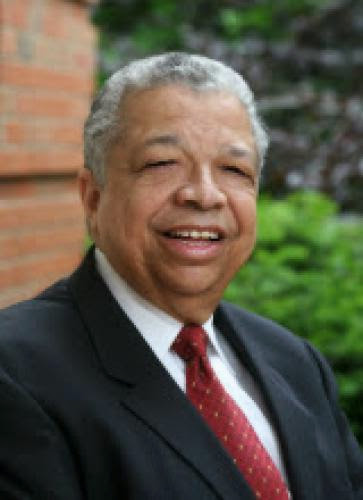
Asked by a British member of Parliament if he is one of those atheists who wants to get rid of Christian symbols especially during the Christmas season, atheist Richard Dawkins replied that he is not. Dawkins said that he himself sings Christmas carols and that he considers himself a "cultural Christian." Just as many Jews regard themselves as Jewish, defend Jewish interests and cherish Jewish culture while not participating in Jewish religious rituals, Dawkins says that he respects the fact that the history and traditions of the West are shaped by Christianity. Dawkins says he's not one of those who wants to purge the West of its Christian traditions. The main threat to Christian symbols, Dawkins argues, does not come from atheists like him but rather from Muslims and members of other faiths.
In response to Dawkins' statement, D'Souza wrote:
Now this is quite remarkable. In The God Delusion, Dawkins portrayed the Christian God as a wicked, avaricious, capricious, genocidal maniac. Dawkins even blasted Jesus for such offenses as speaking harshly to his mother. Yet if the Jewish and Christian God was such a monster, what sense does it make for Dawkins to embrace the cultural influence of that deity?
Good question. I believe that one of the answers to D'Souza's question may reflect where Dawkins is in his scale of atheism. In my review of Dawkins' book, I wrote:
Even Dawkins may inadvertently have left a very small crack in the wall for himself, a very faint burning light that some day may be as bright as the midday sun. And that dimly lit light is found in his own words.
Dawkins develops a spectrum of probabilities about the existence of God. In this spectrum, there are seven levels of probability concerning the issue whether God exists. At one extreme is Level 1, where strong theists are. Those who are on Level 1 believe 100% that God exists. On the other extreme, Level 7 is where the strong atheists are. A strong atheist is the one who says for a fact that there is no God.
Dawkins places himself at Level 6. Those who are on Level 6 say that there is a very low probability that God exists. Those on Level 6 are the people who say they cannot know for sure but think that maybe God does not exist.
Ah! Level 6 may reflect a faint light that is still alive in the hearts of atheists. That very low probability that God exists may be the sign of a faintly burning wick that is still burning. It is that crack in the wall that may allow the water of a mighty river to flow through. This is what happened with Antony Flew, the famous British philosopher and atheist, who at the end of his life abandoned his atheistic beliefs and embraced theism.
In his book, Dawkins never said that God exists, but he also said that it is impossible to disprove the existence of God. Thus, it is possible that, for Dawkins, Level 6 may be the sign that a faintly burning wick is still burning, but so faint that it is about to be put out. If it is so, let us then remember the reassuring words of the prophet about the work of the Servant: "He will not let a faintly burning wick be put out" (Isaiah 42:3).
After all those debates with Christians around the world, it is just possible that Dawkins came to the realization that the God of the Old and New Testaments is not that evil God so despised in atheist propaganda.
D'Souza's article makes a good proposal for Dawkins and his new faith. D'Souza concludes his article by hoping that "perhaps eventually Dawkins will even reissue his book: Overcoming My Delusions: Confessions of a Cultural Christian."
I hope so.
Claude Mariottini
Professor of Old Testament
Northern Baptist Seminary
Tags: Atheism, Cultural Christian, Dinesh D'Souza, Richard Dawkins


















